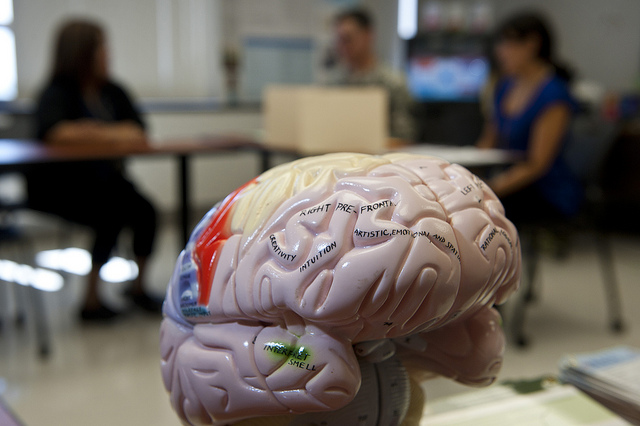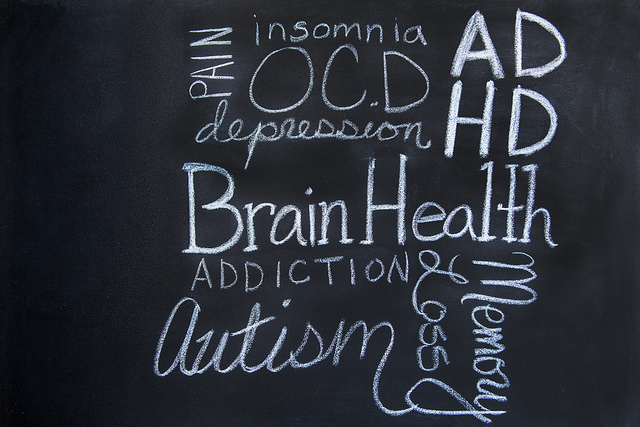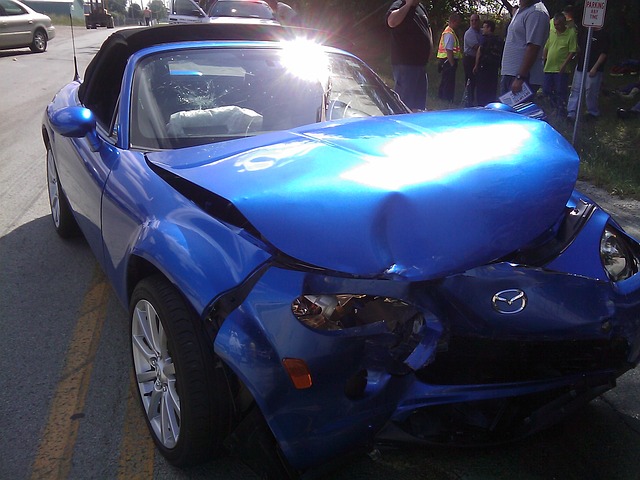When we talk about injuries, we often think about them purely from a physical standpoint. And, for sure, this is often when most of the damage is done. We break legs, arms, suffers from cuts and gashes, or perhaps even worse. These injuries, however, they were caused, a car accident or a slip and fall, are often very painful and have a number of negative effects on your life. They can cause you to lose income due to being unable to work. They can leave you unable to move properly for prolonged periods of time.
What often goes undiscussed is the affect an injury can have on your mental health. An injury can create a lot of psychological stress. Even something that seems to have left not much if a mark on the physical side may leave a person’s mind harmed in some way.
It is, of course, just as important that we look into these sorts of issues as well as physical pains. So we’re going to take a quick look at how injuries can affect your mental health in many ways. You may recognize that what we’re discussing here can be found in various forms of post-traumatic stress disorder.
Traumatic brain injury
It’s important to understand that a traumatic brain injury is a physical injury. However, it can affect your mental health in ways much worse than what you might see in other physical injuries. Even knocks to the head that don’t seem that severe can result in a traumatic brain injury. It may just leave you feeling a little dazed at first. Maybe a couple of aspirins and some sleep will take the immediate pain away. But your brain might be telling a different story.
TBI can result in physical ills such as dizziness, fatigue, and oversensitivity to light. (As well as, of course, headaches.) But the mental changes can also be prolonged and damaging. You may find that your concentration is very poor. You may have trouble remembering things. You may begin to engage in impulsive behavior, or may even start having visual disturbances.
TBIs are a common reason for people getting the help from personal injury lawyers, even if the physical pains subside. The courts, after all, should be compelled to take psychological ills just as seriously as physical ones. Legal help should be considered for any of the listed problems, in fact. It can often be difficult to link such conditions directly to the accident with definitive proof. But in the case of TBI, things obviously become much clearer.
Fear and loss of confidence
If you were injured while doing a particular activity, you may find yourself unable to do that activity again. This can be the result of a lack of confidence. Let’s say you were in a car accident. Regardless of who is at fault, you may begin to question your ability to drive.
It can also be the result of a growing fear of doing that activity in case it happens again. In fact, it can become more severe and develop into a full-blown phobia. This goes beyond a rational and perhaps short-lived fear of doing the activity. This results in almost nausea-inducing aversions to engaging in the activity. Depending on the activity in question, you may find your life very disrupted indeed.
Increased and prolonged stress
Stress is to be expected over the course of any injury. But we often forget just how dangerous stress can be. We imagine it to be a natural part of everyday life. This, of course, is true to some extent. But stress can actually be very dangerous to your health, especially when you’re exposed to it for a long time. In fact, this sort of stress can actually slow down your recovery. Which just makes you more stressed. A vicious cycle can begin if you don’t take action! Thankfully, we’ve already written a handy guide to decreasing stress.
Depression and isolation
So you’ve been injured and now you’ve found yourself in pain for a long time. Prolonged exposure to pain, of course, isn’t going to make anyone feel over the moon. But when someone suffers physical and mental anguish for a while, they may begin to develop depressive tendencies. Depression is something that can temporarily affect any of us. But if you begin to have prolonged bouts of depression? Then you need to see a doctor. Depression should never be underestimated or be left unattended.
Isolation can occur if the injury has left you unable to leave your residence for a while. You begin to miss your friends. You begin to miss your usual activities, being able to do things unimpeded. Heck, maybe you even start missing work!
The best thing to do is to keep yourself busy. If you can work from home, do it. If you can have friends come round to see you, then invite them over for drinks and a movie. Do your best to prevent isolation and unpleasant feelings. Having friends to talk to about your feelings can also help tremendously.
Boredom
Well, we started all of this with something pretty severe and harrowing. So why not close out with something a bit less horrific? When someone has been injured, they’ll often find themselves incapacitated in some respects for a while. This can result in simply being bored!
Of course, prolonged feelings of boredom can lead to some of the issues we discussed in the previous section. And some of the things we suggested there can certainly help here. If it keeps your mind busy, then it’s worth doing. In fact, many people don’t have much of a problem with this. They’ll sit around and play video games and watch television. But I’d recommend that you engage in some slightly brainier activities.
Why not spend that time doing some more reading? Or maybe you could take the time to learn a new skill. Being housebound doesn’t prevent you from learning new things. You can look into online remote learning and pick up some new tricks. Perhaps you could emerge from this with a new career outlook, or at least a new understanding of the world! Just don’t let yourself become bored just because you’re stuck indoors.













Comments are closed.